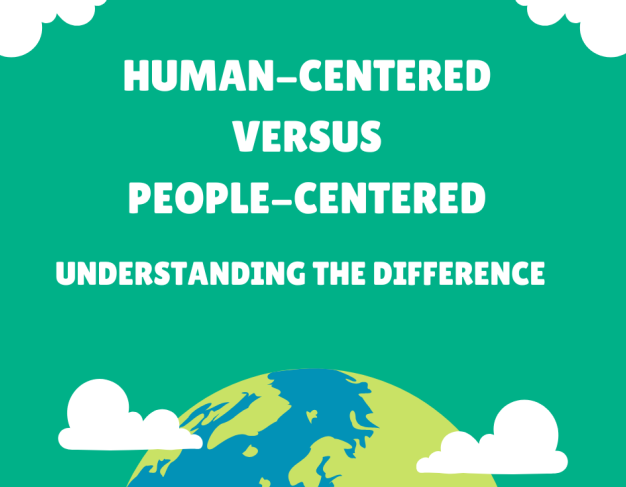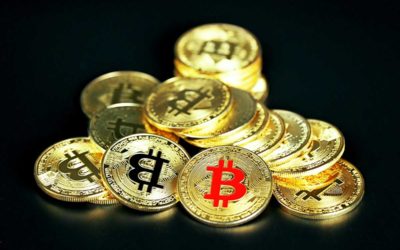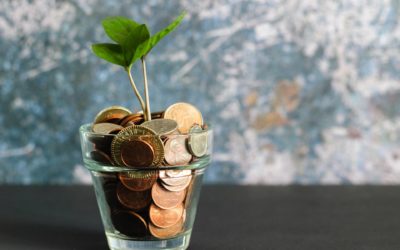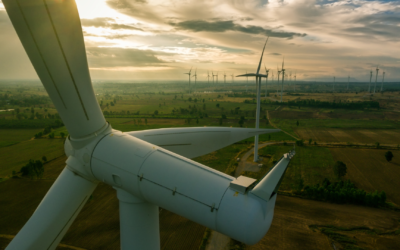ICSB GAZETTE
Submit to the Member SpotlightAlternative Investments and Cryptocurrencies
There are numerous investment options for traditional investment classes, such as real estate, precious metals, equity investments, fixed-income securities and cash. However, over the past few years, investors worldwide have witnessed a rapidly evolving alternative finance landscape.
Re-imagine Series: Depression
Nothing in life is to be feared, it is only to be understood. Now is the time to understand more, so that we may fear less. – Marie Curie
Problem: Depression—lack of early detection leads to lost potential for individuals and society.
The Crucial Elements of the Financial Decision-Making Process
The reality is that every business venture can, at some point, be exposed to financial instability. In the case of MSMEs, lack of sufficient and timely access to finance is typically a leading reason for business failures. The consequences of becoming illiquid can have a detrimental effect on business operations, forcing them to declare insolvency.
Re-imagine Series: Imagine all the People Livin’ Life in Peace
COVID-19 has turned the world upside down with devastating effects that will continue for years to come. However, it is essential to take a moment and remember that this is not the first challenge the world has faced, and, despite wars, famines, and plagues, humanity has made great strides to improve the quality of life across the globe.
La sustentabilidad en las Pequeñas y Medianas Empresas (PYME)
Parte fundamental de todo emprendedor, y su interés de crear una nueva empresa, en lugar de emplearse en una ya existente, es que todos los recursos invertidos en este StartUp se vean capitalizados por muchos años. De hecho, no se piensa en que esta aventura algún día terminará con el cierre de la empresa, al contrario, se imagina hacia futuras generaciones.
El ABC del Emprendimiento en Pandemia: evidencias desde La Araucanía, Chile
En La Araucanía, de 400 respuestas del nivel regional (GEM NES) validadas, 121 respaldan la posición del PNUD de la ONU sobre la resiliencia de los sistemas, en específico se refuerza la idea que la diversidad (biológica y cultural) de los socioecosistemas (por ejemplo, el ecosistema de emprendimiento regional) es esencial para resiliencia de los sistemas y sub-sistemas.
Financial Literacy for Entrepreneurs
Micro, Small, and Medium Enterprises’ (MSMEs) role in the broader economic environment should not be underestimated. The results concerning employment, industry value-added, innovation, and the entrepreneurship culture provided by MSMEs are well-documented worldwide. It is crucial to emphasise that the entrepreneurs and owner-manager of every MSME need to identify, assess and implement fundamental financial decisions for their business.
Sostenibilidad y ODS
El Acuerdo de París sobre Acción por el Clima y Transformar nuestro mundo: la Agenda 2030 para el Desarrollo Sostenible son dos hitos importantes alcanzados en 2015, que especifican las acciones que todos, en todo el mundo, debemos realizar para lograr un futuro más igualitario e inclusivo, mientras disfrutamos del crecimiento económico, con una fuerte protección del ambiente.
The Human Entrepreneurship Vector of Sustainable Development
The development of civilization through the occupation of planet Earth and its renewable and nonrenewable resources, since its most remote times, has neglected the environmental irreversibility arising from its actions, a situation evidenced by ecological degradation, environmental pollution and accelerated climate change.
De la Motivación Emprendedora a la Resiliencia
En esta columna vamos a hablar de un concepto muy conocido que merece que se lo vuelva a estudiar desde una nueva perspectiva. Se trata de la motivación, y especialmente el de la motivación emprendedora.











